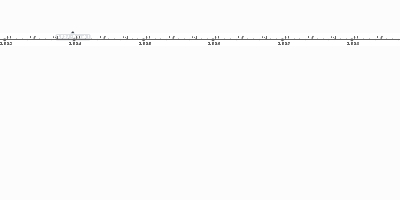10 jan 1767 ano - 1767 - The Townshend Acts
Descrição:
George III during the 18th century, constantly changed Britain’s Prime Ministers. In 1766, he replaced Lord Rockingham with William Pitt. However, he was mentally unstable so he had to defer to other politicians when it came to making political decisions. One of these was Charles Townshend, a talented but reckless politician.Charles passed in 1767 the Townshend Acts, which imposed taxes on certain colonial goods such as glass, paper, paint, lead and tea. The purpose of these acts were two:
First of all, through these acts, they temporarily suspended New York’s colonial government, as they didn’t want to comply with the Quartering Act. The government would remain suspended until they were willing to comply.
Secondly, they were collecting revenue through these taxes and they’d use this money to pay the salary of the colonial governors and officers. This was a very dirty move because the colonial government paid for their salaries, which meant that if these officers and governors attacked or violated civil rights, the government could retain their salary. However, if the British government now paid for their salaries, they wouldn’t be dependent on the colonial government anymore, which made them loyal to the British monarchy.
Even though the colonies did not have such an immediate reaction to these acts as with the Stamp Acts, they did organize a resistance. Even women under the name The Daughters of Liberty would boycott British goods by not buying them; they’d even make their own clothes in order not to rely on imports from Britain.
Adicionado na linha do tempo:
Data:
10 jan 1767 ano
Agora
~ 258 years ago
